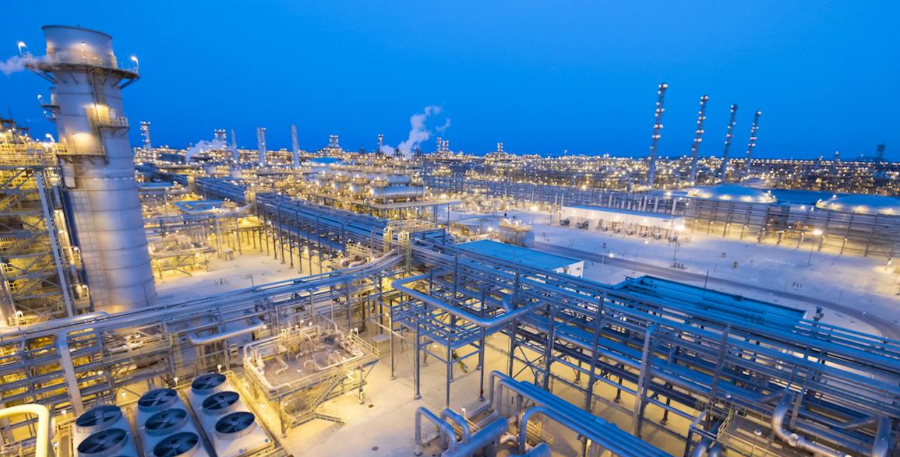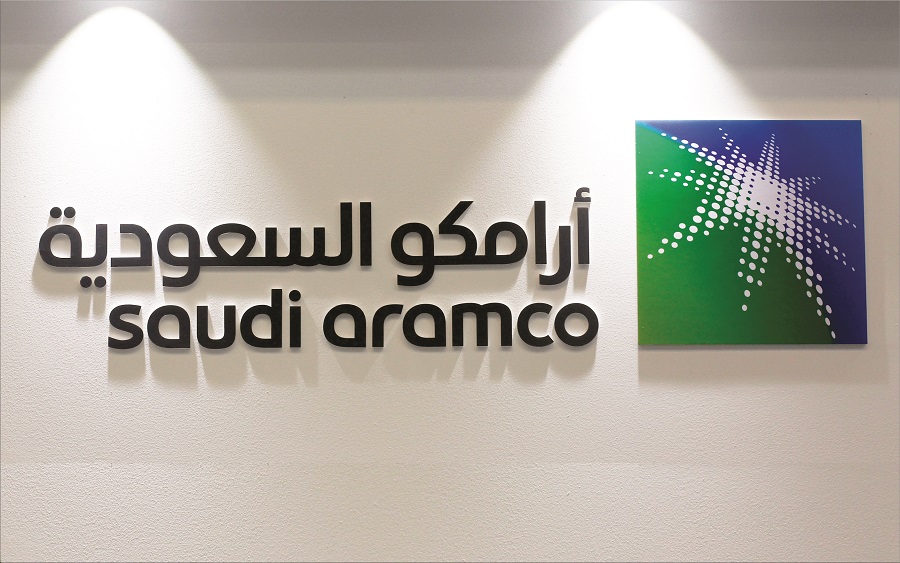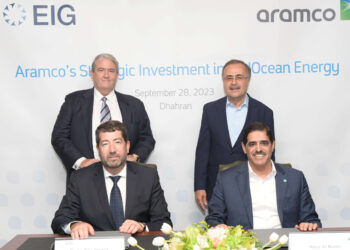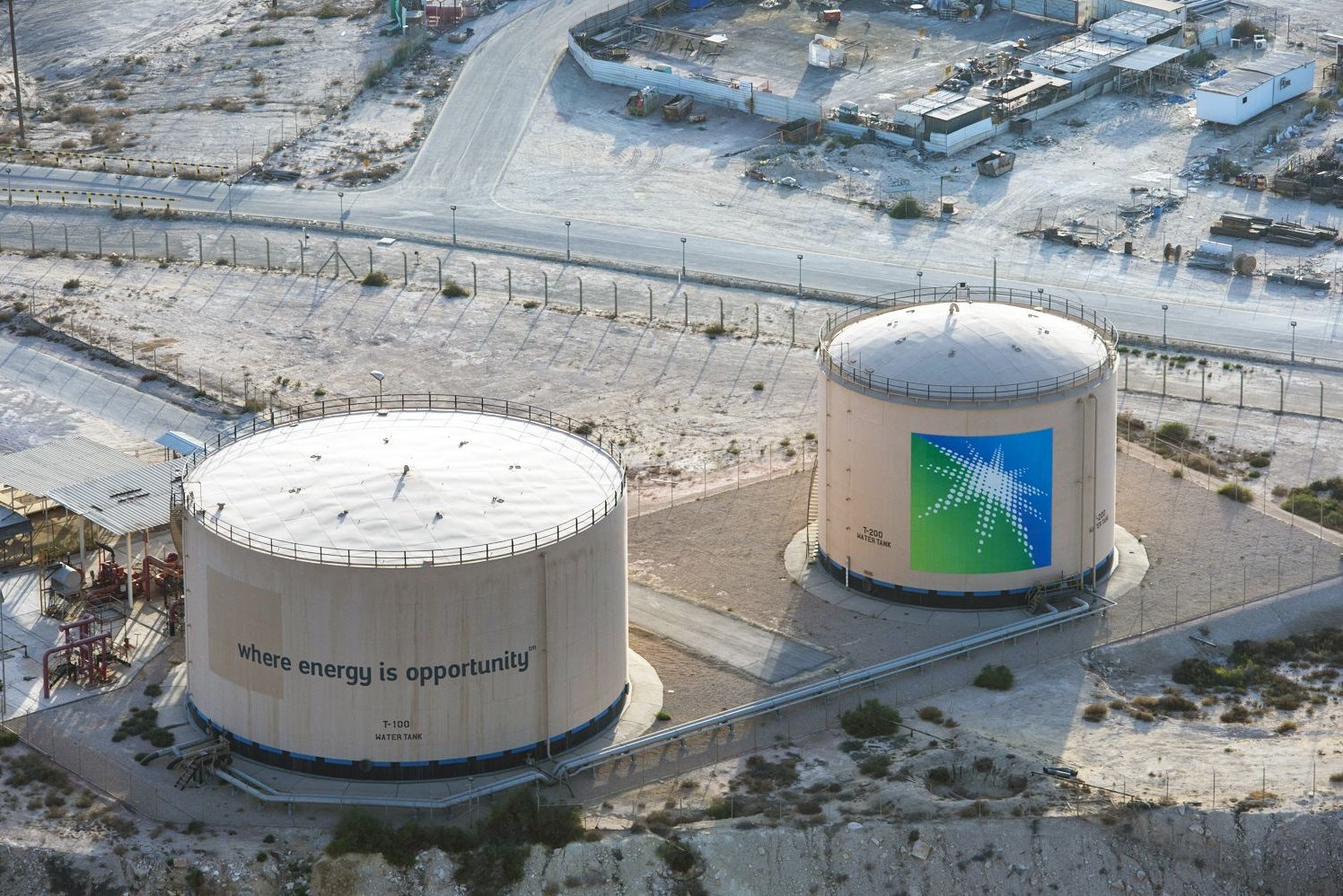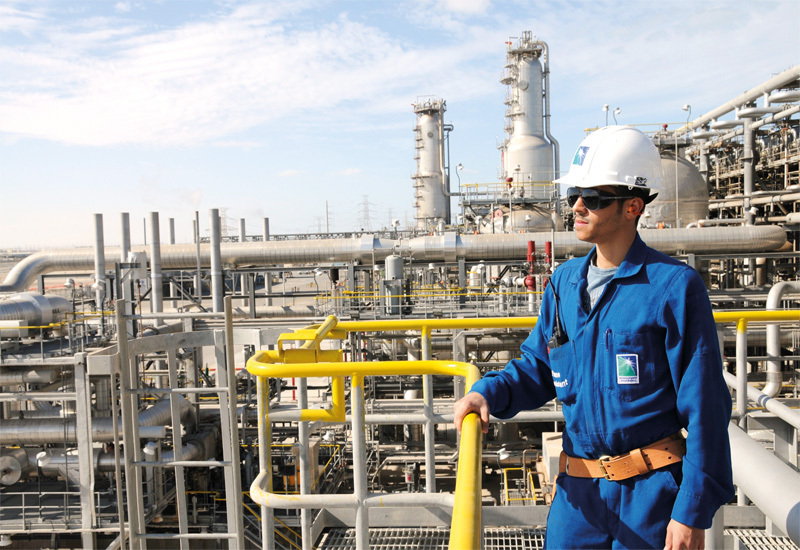Following the recent attack on two oil facilities in Saudi Arabia, there are indications that oil prices could go as high as $100, as witnessed six years ago.
What it means for Nigeria
- An increased oil price means the most populous black nation would no longer struggle to meet its revenue targets as more fund will be available for infrastructural development.
- But there are concerns that the $5billion spent on fuel subsidy, as at 2018, may downplay the potential benefits of development.
- The impact may not be felt much If the government decide to spend most of the extra income to keep the offical pump prices.
- The benchmark was at $60 in the 2019 budget, which had dropped below projection. For instance, Brent crude, the global benchmark and equivalent of Nigeria’s Bonny Light, closed at $52 on Friday.
- This has forced the government to increase taxes and debts from foreign and local sources.
Meanwhile, Saturday’s drone strikes, claimed by Yemen’s Houthi rebels, cut 5% of the daily global oil supply.
- Houthi rebels said 10 drones targeted state-owned Saudi Aramco oil facilities in Abqaiq and Khurais.
- OPEC figures for August 2019 put the total Saudi production at 9.8 million barrels per day.
- CNN Business quoted a source as saying Aramco, the national oil company, “hopes to have that capacity restored within days” — but the rebels have threatened to continue with the strikes in protest at Saudi support for the Yemeni government.
- The Saudi interior ministry confirmed the drone attacks caused fires at the two facilities. In a statement posted on Twitter, the ministry said the fires were under control and that authorities were investigating.
- “Abqaiq is perhaps the most critical facility in the world for oil supply. Oil prices will jump on this attack,” Jason Bordoff, founding director of the Center on Global Energy Policy at Columbia University, said in a statement.

